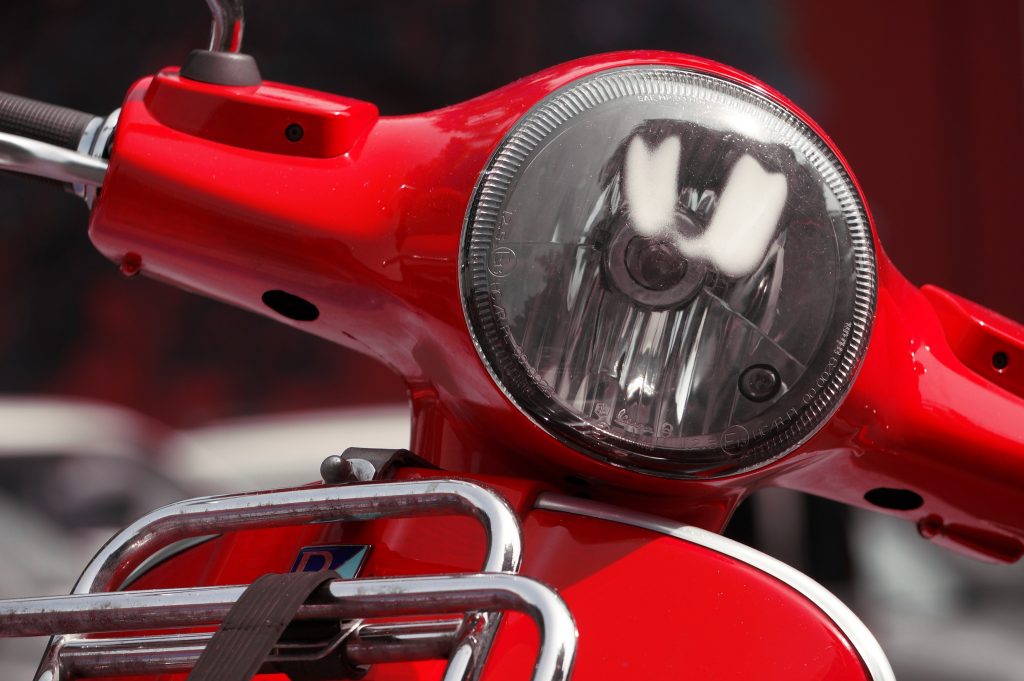Don't miss our holiday offer - 20% OFF!

Read also : Automated Parking Concept: Smart Solution for Availability
Electric motors serve as pivotal components across diverse applications, from manufacturing industries to electric vehicles. Maintaining the reliability of these motors is paramount to sustaining productivity and efficiency. Precise monitoring of electrical currents emerges as a critical facet in ensuring motor health. In this article, we explore how current sensors can unlock efficient motor health monitoring.
Contents
The Importance of Electric Current Monitoring

Read also : Pressure Sensors: The Hidden Eyes Revealing the Secrets of Advanced Flood Monitoring Technology
Electric motors function based on the fundamental principle of converting electrical energy into mechanical force, propelling various machinery. Monitoring the incoming electrical flow is vital to confirm proper motor operation. A surge in current beyond standard thresholds may signify motor issues, like excessive friction or coil damage.
Electric Current Sensors

Read also : Electrical Sensors Enhancing Energy Efficiency and Cost Savings
Current device are specialized devices crafted to gauge the flow within conductor wires. Available in multiple forms such as split-core or integrated device, they serve as crucial instruments in motor health monitoring.
Types of Electric Current Sensors

Read also : Security and Privacy in Connected Parking Systems: Challenges and Solutions
Split-Core Current Sensors
Split-core sensors are among the most frequently employed sensor variants for motor monitoring. They function by placing a conductor wire inside a hollow core within the sensor. As current flows through the wire, the sensor gauges the magnetic field produced, providing measurements to ascertain current magnitude.
Integrated Current Sensors
Integrated current sensors are typically smaller and more compact than split-core sensors. They are often used in applications with limited space. These sensors detect current in a manner similar to split-core sensors but in a more streamlined form.
Benefits of Electric Current Monitoring

Read also : Security and Preparedness Enhanced by Smart EWS Technology
Monitoring electric current not only helps detect motor issues but also provides several other benefits, including:
Improved Energy Efficiency
By regularly monitoring current, you can identify electric motors operating outside of their optimal efficiency parameters. This information allows you to take corrective actions to reduce unnecessary energy consumption.
Preventing Excessive Damage
Early detection of issues within electric motors helps prevent excessive damage and avoids expensive repair costs.
Maintaining Operational Reliability
Regular current monitoring can enhance the operational reliability of electric motors. Knowing when to perform preventive maintenance can help avoid unwanted disruptions in production or workflow processes.
Conclusion

Read also : Monitoring Volcanic Eruptions: The Future with IoT Sensors
Current device play a vital role in maintaining the efficiency and health of electric motors. Utilize these devices, interpret their data, and optimize motor performance while preventing unnecessary issues. Select the right device for your application and ensure consistent monitoring for reliable motor operation.





